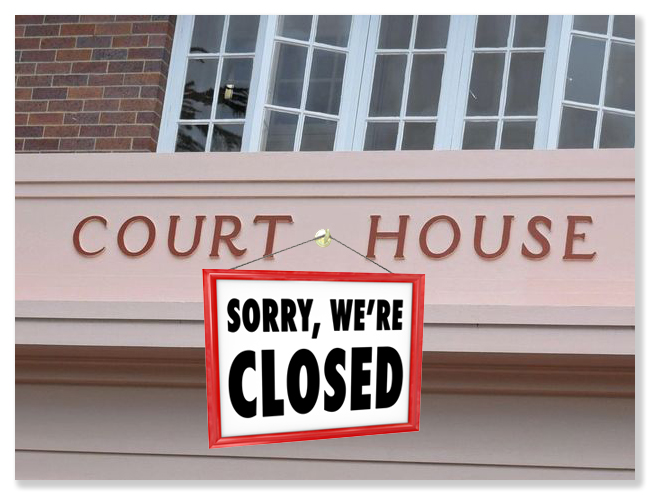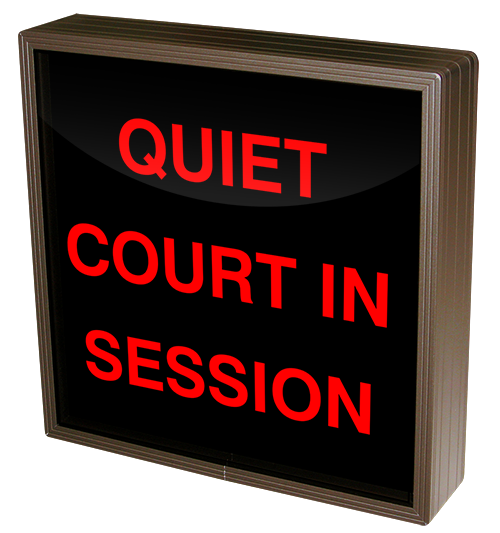We post news and comment on federal criminal justice issues, focused primarily on trial and post-conviction matters, legislative initiatives, and sentencing issues.

COULD SHUTDOWN MESS WITH FIRST STEP ACT IMPLEMENTATION?
 The First Step Act sets July 19 as the hard deadline for adoption of a risk assessment system. That system is a precondition to the Bureau of Prisons beginning to grant earned time credit to inmates for programs that reduce recidivism.
The First Step Act sets July 19 as the hard deadline for adoption of a risk assessment system. That system is a precondition to the Bureau of Prisons beginning to grant earned time credit to inmates for programs that reduce recidivism.
But an even earlier deadline falls today, by which time the Dept. of Justice was to establish the committee tasked with creating the risk assessment system. The New York Times reported last week, however, that the Jan. 21 deadline would not be met, and no one still working at DOJ despite the shutdown will say when the committee will be formed.
No one is sure what happens if the risk assessment system is not in place by July 19. On the one hand, the deadline is written into the statute, so DOJ cannot ask for an extension. On the other hand, it is not clear who could sue or whether a court could effectively compel DOJ to meet the deadline.
Meanwhile, confusion continues to reign over the delay of the extra seven days of good time until July 19. “It absolutely makes no sense,” said Jack Donson, a former BOP case manager told the Times. Donson said the recalculation of good time should not have been linked to the new risk assessment system.
A staff member for Sen. Charles Grassley (R-Iowa), chairman of the Senate Judiciary Committee, said that the good-time effective date was inherited from a version of First Step passed by the House, and that Grassley was aware that questions had been raised about it.
While the staff member “wouldn’t necessarily characterize it as a drafting error,” he said Grassley “definitely has his eye on it and intends to keep working with the administration on a way forward.”
 Meanwhile, the federal courts, which previously said their funds would run out on Jan. 18, announced last week that cost-cutting had extended the drop-dead date to at least Friday, Jan. 25. However, the Administrative Office of U.S. Courts warned that “at some point in the near future, existing funds will run out if new appropriated funds do not become available.”
Meanwhile, the federal courts, which previously said their funds would run out on Jan. 18, announced last week that cost-cutting had extended the drop-dead date to at least Friday, Jan. 25. However, the Administrative Office of U.S. Courts warned that “at some point in the near future, existing funds will run out if new appropriated funds do not become available.”
If that happens, the courts will operate under the Anti-Deficiency Act, 31 USC 1341, which limits them to mission-critical work. In response to DOJ requests, some federal courts have issued orders suspending or postponing civil cases in which the government is a party, and others have declined to do so.
Criminal cases are expected to proceed uninterrupted.
New York Times, Shutdown Threatens to Delay Criminal Justice Reforms Signed Into Law by Trump (Jan. 16)
Administrative Office of U.S. Courts, Judiciary to Continue Funded Operations Until Jan. 25 (Jan. 16)
– Thomas L. Root




